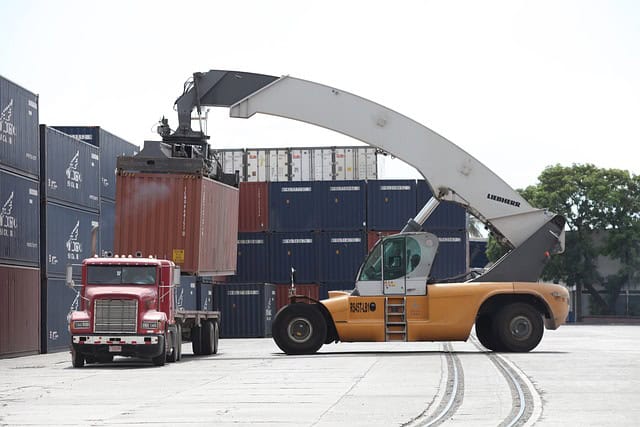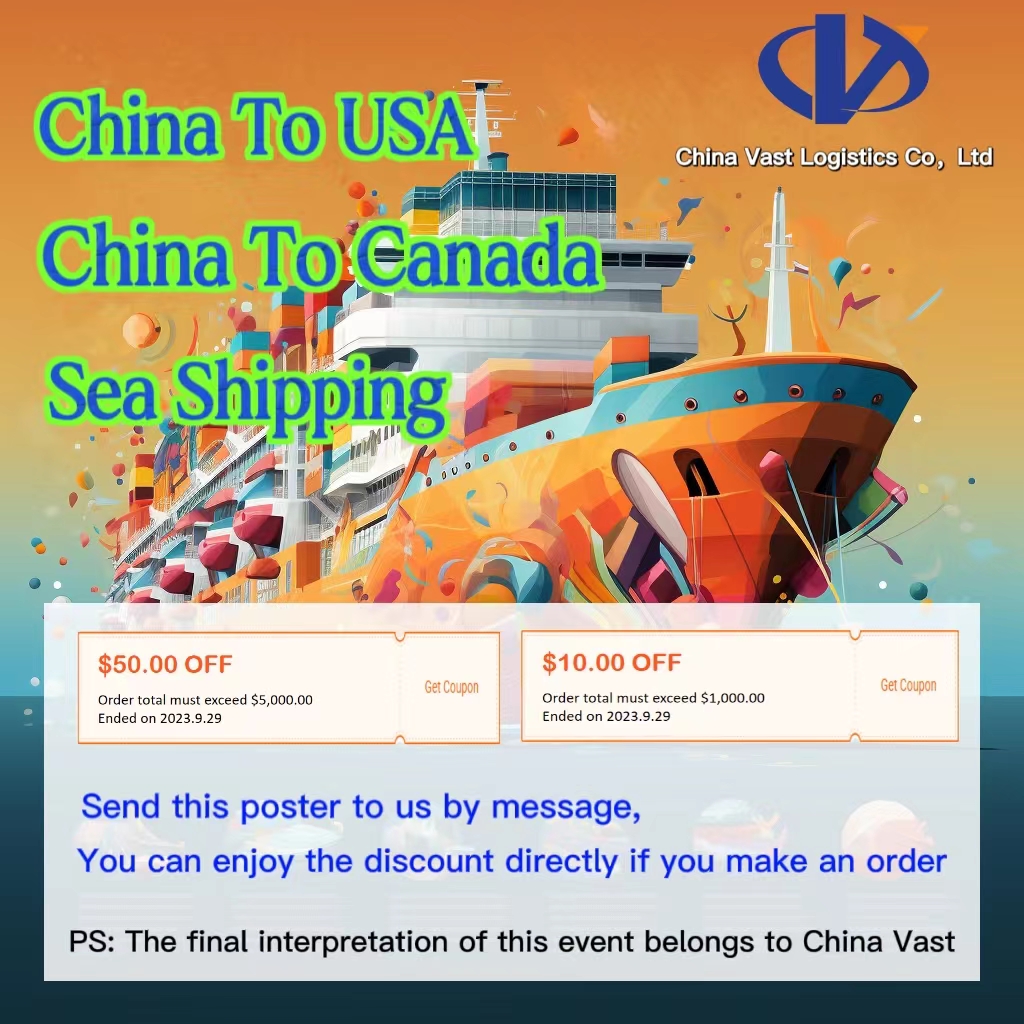This comprehensive guide provides answers to all queries regarding the pier pass fees. If you’re seeking to expand your knowledge on this topic, this guide is for you.
A pier pass fee is a mandatory additional charge levied on each cargo container that moves through the Long Beach and Los Angeles ports, regardless of the time of day. Established by these ports, the fee aims to mitigate traffic and port congestion, covering the costs for additional labor required to manage the port operations during peak and off-peak hours.
The shipper or cargo owner bears the cost of the pier pass fee for containers that are imported or exported during any shift period.
The pier pass fee regulates the timing of container pickups and drop-offs, which has multiple benefits for various stakeholders in the supply chain:

In 2005, the marine terminal operators in Long Beach and Los Angeles initiated the pier pass fee to address concerns related to port security, congestion, and air quality. The program included additional shifts on Saturdays and nights to manage the flow of trucks at both ports. With ongoing technological and industry advancements, the Off-Peak 2.0 program was introduced in 2018 to further improve efficiency.
As of August 1st, 2021, the pier pass fee was established at $34.21 per TEU or $68.42 for larger container sizes, applicable during both day and night operations at the ports of Los Angeles and Long Beach.
The pier pass fee is charged per container as part of the current Off-peak program.
Annually, the pier pass fee rates are reviewed and updates are announced on August 1st.
The fee is specific to FCL services moving through the ports of Los Angeles and Long Beach. It does not apply to LCL, courier services, or air shipments into the U.S.
Exemptions from the pier pass fee include, but are not limited to:
While the clean truck fee, part of the Clean Air Action Plan by the ports of Los Angeles and Long Beach, focuses on reducing air pollution, the pier pass fee specifically applies to containers transported through these ports during designated hours.

Welcome to CHINA VAST GROUP, a distinguished enterprise established in 2005. As a leading service provider in China, we specialize in international logistics and supply chain services, with a commitment to innovation, mutual benefit, and win-win partnerships. We operate through three principal divisions: CHINA VAST LOGISTICS CO., LTD., VASTFORTUNE STORAGE AND TRANSPORTATION CO., LTD. and VASTREACH SUPPLY CHAIN CO., LTD., each dedicated to excellence in their fields.
